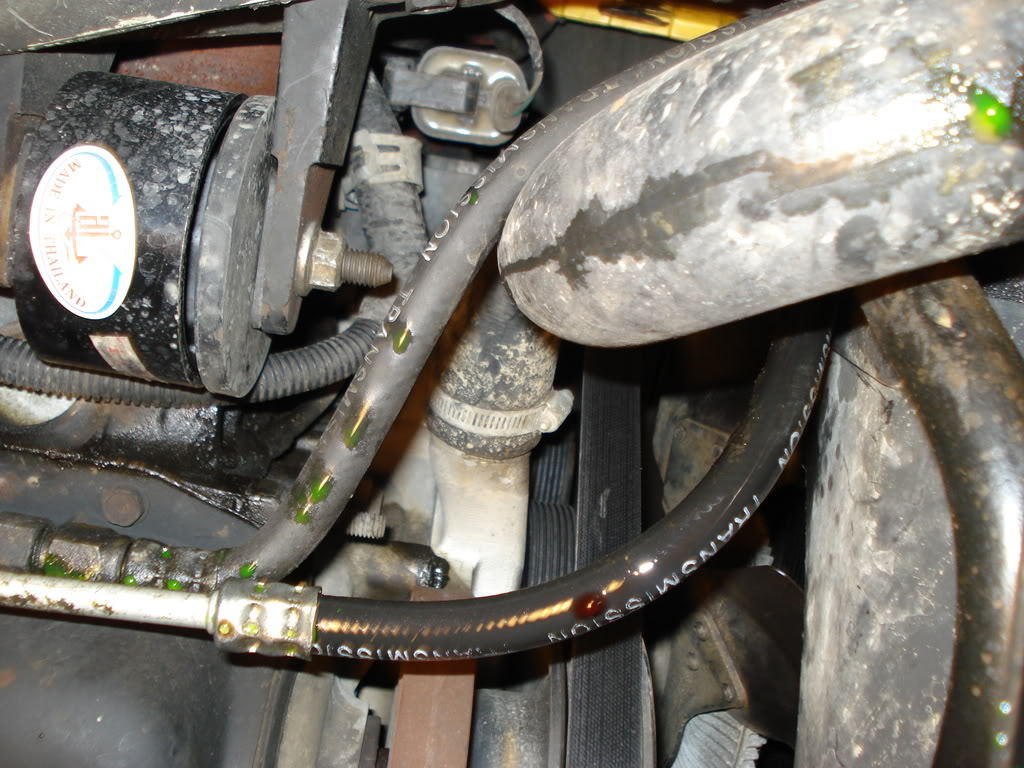

So what can you do about it? One of the most universal solutions to blow-by is the oil catch can. Blow-by is a giant menace that only wants to rob your engine of power and slowly destroy it. This means that blow-by can build up on the backs of the valves even faster, impeding airflow and causing potential running issues. In a GDI engine, fuel is injected into the combustion chamber downstream of the intake valves, eliminating the cleaning effect of fuel washing over the intake valves. Carbon accumulation on valves is a huge issue for gas direct-injected (GDI) engines. To compound the problem, in short-run situations, the valves never heat up enough to burn off carbon, so any blow-by that does make it to the valves will accumulate as sludge and carbon buildup.

The oil and fuel vapors can also coat spark plugs, fouling them in short order and causing misfires.īoth port and direct-injected motors are vulnerable to carbon and sludge buildup on the backs of valves, but direct-injected motors can really suffer.

Knock is one of the biggest killers of engines and can ruin even the strongest of builds. If the octane rating of the air-fuel mixture drops enough, it can cause knock (also known as pre-ignition), where the fuel mixture ignites before the spark plug fires, causing very high cylinder pressures. Eventually that condensed blow-by makes its way into the head and cylinders.īlow-by that makes it into the cylinder can lower the effective octane rating of the air-fuel mixture. This allows more blow-by into the crankcase, and because the engine is still cool and then shut down, that blow-by condenses in large amounts inside the crankcase and PCV system. In vehicles that are typically only driven short distances, pistons don't get a chance to warm up and expand to the cylinder walls. The effects of blow-by are not always limited to just the intake and charged air cooling systems in some cases, the intake valves and other engine internals can suffer as well. Oil and fuel found in blow-by can eventually make its way into your intake system.


 0 kommentar(er)
0 kommentar(er)
